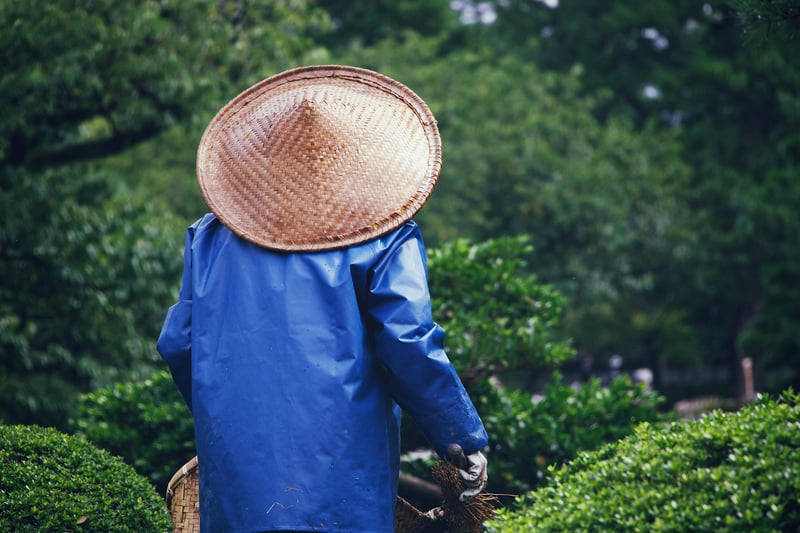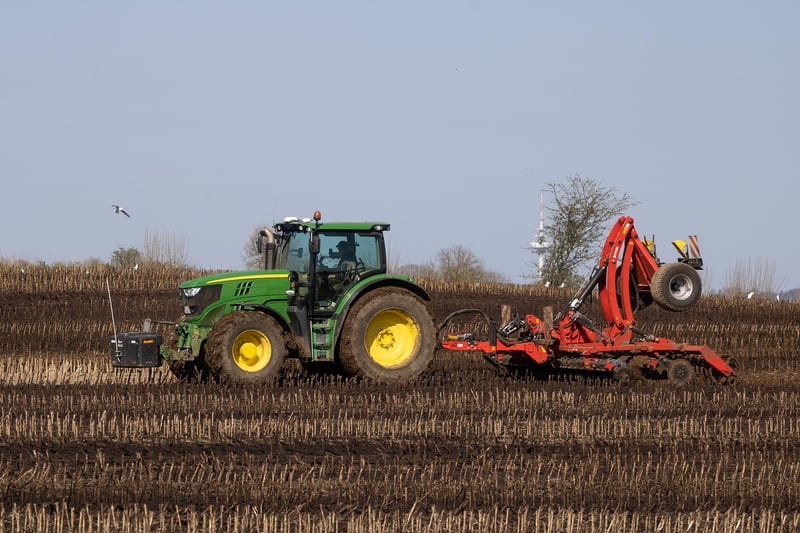Fertilizing Plants
Essential Plant Upkeep Advice
Introduction
Keeping your plants healthy and thriving requires proper care and attention. From watering to pruning, each aspect of plant upkeep plays a crucial role in promoting growth and longevity. In this article, we will explore essential plant upkeep advice, with a focus on fertilizing plants.
Watering
Water is essential for plant survival, but it's important not to overwater. Different plants have varying water needs, so it's crucial to research the specific requirements of each plant in your care. Generally, it's best to water plants when the top inch of soil is dry to the touch.
Pruning
Regular pruning helps plants maintain their shape, promotes new growth, and removes dead or diseased parts. Use clean, sharp tools to make precise cuts, and prune according to the specific needs of each plant species.
Light and Temperature
Plants have different light and temperature requirements. Some thrive in bright, indirect light, while others prefer shade. Similarly, temperature preferences vary among plant species. Understanding these requirements is key to ensuring your plants flourish.
Soil and Potting
Choosing the right soil and pot size is crucial for plant health. Use well-draining soil to prevent waterlogging, and select pots with drainage holes to avoid root rot. Repot plants as they outgrow their containers to provide ample space for root growth.
Fertilizing Plants
Importance of Fertilizing
Fertilizing plants provides essential nutrients that may be lacking in the soil. These nutrients, such as nitrogen, phosphorus, and potassium, are vital for plant growth, flowering, and overall health. Regular fertilization can help plants reach their full potential.
Types of Fertilizers
There are various types of fertilizers available, including liquid, granular, and slow-release formulations. Each type has its own advantages and is suitable for different plant needs. Choose a fertilizer specifically formulated for the type of plants you are growing.
When to Fertilize
It's essential to fertilize plants during their active growing season, typically in spring and summer. Avoid fertilizing in winter when plant growth slows down. Follow the instructions on the fertilizer package for the correct application method and dosage.
Application Tips
When applying fertilizer, ensure the soil is moist to prevent root burn. Water the plants after fertilizing to help the nutrients reach the roots. Overfertilizing can harm plants, so it's crucial to follow recommended guidelines and not exceed the dosage.
Conclusion
By following these essential plant upkeep tips, including proper watering, pruning, light exposure, soil selection, and fertilizing, you can create a healthy environment for your plants to thrive. Remember that each plant is unique, so understanding its specific needs is key to promoting growth and vitality.
Happy gardening!


